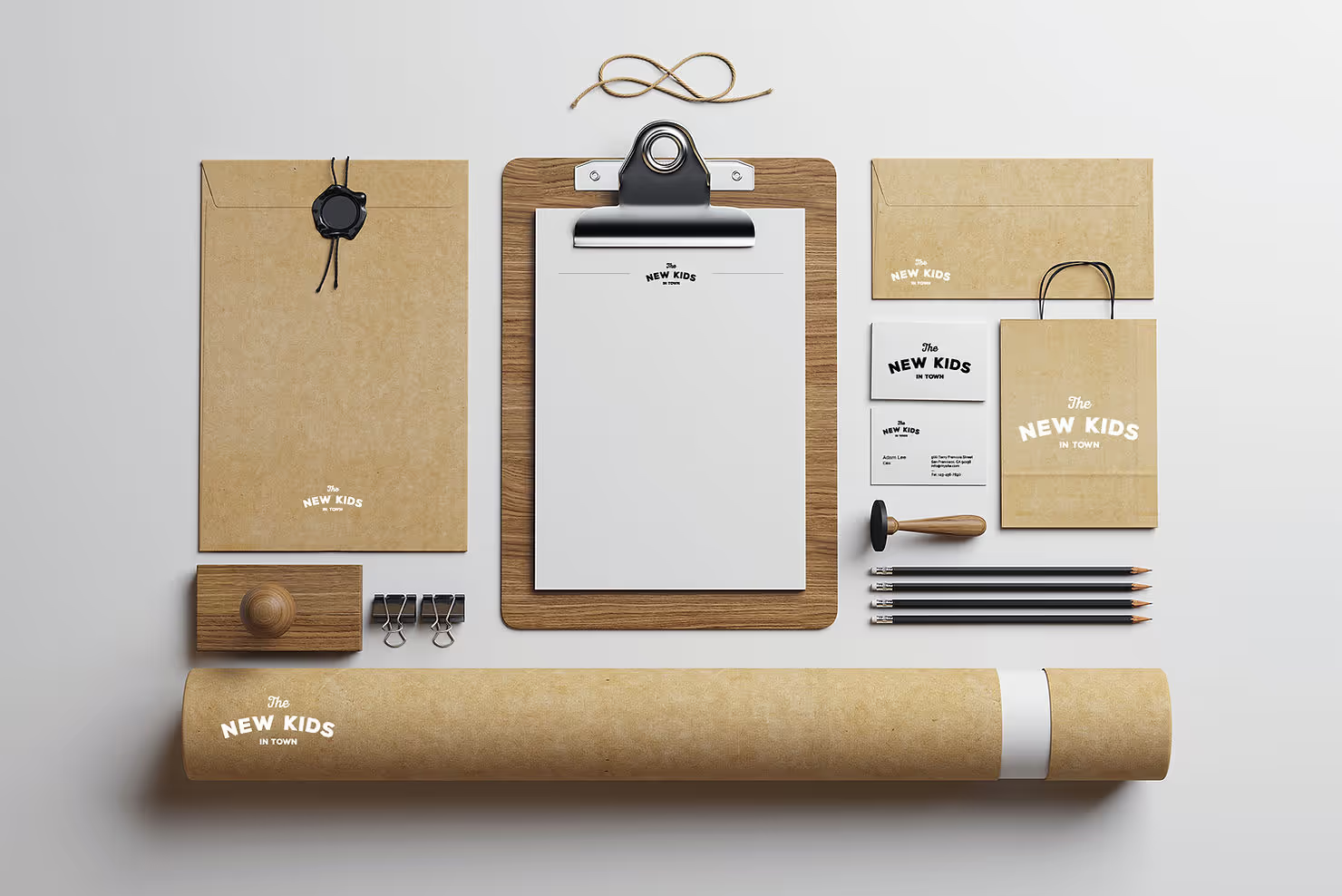
As a client looking to improve your marketing strategy and results, meeting with a marketing consultant can provide valuable insights and direction. To make the most of your consulting session, proper preparation is essential.

As a client looking to improve your marketing strategy and results, meeting with a marketing consultant can provide valuable insights and direction. To make the most of your consulting session, proper preparation is essential. Here are some tips on how to get ready for your marketing consulting meeting:
Before meeting with the consultant, clearly define what you hope to achieve. What are your overall marketing goals? For example, do you want to increase brand awareness, generate more leads, or grow revenue? Get specific on the metrics you want to impact and by how much. This gives the consultant a target to aim for in their recommendations.

Also, consider your timeline. Do you need to see results in the next quarter, or is this part of a longer-term strategy? Ensure you communicate any important deadlines or seasonal targets.
Take an honest look at your current marketing strategies and campaigns. What's working and what's not? Make a list of your marketing activities, such as content creation, social media, email marketing, SEO, advertising, etc. For each one, note down key stats like reach, engagement, conversion rates, and costs.
This audit provides the consultant with a baseline to understand your brand's current position. It also helps identify weak spots and opportunities to improve. Track down past reports, analytics, and campaign performance data to inform your audit.
Get crystal clear on who you want to reach with your marketing. Define your ideal target audiences, like your customer demographics, geographic locations, interests, common objections, and motivations. Create hypothetical buyer personas that represent your key segments.

Giving the consultant information on your audiences will allow them to tailor strategies and messaging that resonate. They can advise on the best channels and tactics for engaging each audience.
Be transparent about the level of budget you have for marketing activities. This gives the consultant realistic parameters for their recommendations. Outline your existing marketing costs and any new budget you can allocate toward growth strategies.
If budget is a major constraint, discuss whether you have the flexibility to increase spend if the consultant can map out the expected return. Many recommendations may require upfront investment to yield significant long-term gains.
Put together all the brand assets you have, such as your brand guidelines, logos, visuals, product photos, videos, brochures, websites, ad copies, and previous campaign creative. This allows the consultant to thoroughly review your brand positioning and messaging.

It also saves time if they recommend content creation or assets. They won't have to start from scratch since they will already have your brand guide and materials.
Anticipate what questions you may have, and note them down. For example, you might want to ask about budget allocation across activities, optimal marketing technology stacks, balancing various initiatives, or measuring success.
Preparing questions gets you thinking about what guidance you need from the expert. It also ensures all your queries get addressed during the limited meeting time.
Consider any concerns, obstacles, or constraints that may impact your marketing. These could include tight deadlines, approval processes, small team size, technical limitations, or previous ineffective tactics.
Briefing the consultant allows them to problem-solve and provide suggestions that work within your unique parameters.
While there may be many areas you'd like to discuss, narrow down the priority topics and questions based on your most pressing needs. This ensures the meeting time gets spent on the critical issues for moving your marketing forward.

You don't want to just scratch the surface on multiple subjects - go deeper on the areas that need immediate attention or present major opportunities. The rest can potentially be addressed in follow-up meetings.
Think about what you would like to see happen after the meeting. Will the consultant prepare a proposal? Or will they start implementing recommendations immediately?
Decide if you will need follow-up meetings, ongoing access to the consultant, or just an initial roadmap. Outlining the next steps ensures you get the appropriate deliverables from the engagement.
If you need internal alignment and buy-in, discuss the meeting objectives with key stakeholders beforehand. Get their input on priorities and questions to bring to the table.
This helps build consensus and get early stakeholder alignment on acting on the consultant's recommendations.
Review the consultant's experience, areas of expertise, client results, and methodologies. Gauge if they seem to suit your industry, brand, challenges, and goals.

Vetting the consultant upfront ensures you've chosen someone who understands your specific business context and can provide relevant guidance.
Compile any documents you want to share with the consultant, like past marketing plans, research reports, competitive analyses, etc. Organize them so you can provide quick access during the meeting.
Having supporting documents handy allows the consultant to better evaluate your current position and needs when preparing their guidance.
Put together an agenda to outline what you want to cover in the meeting at a high level. List the priority topics, questions, focus areas, and objectives. Share this agenda with the consultant so you're both aligned on how to best use the time. An agenda drives an efficient, productive meeting by providing clear direction and structure. All parties can come prepared to hit the key points.
Additionally, if you don’t have a clear direction or agenda yet, don’t be afraid to let your consultant know ahead of time. This will prepare them to lead the meeting and assist you in the best way.
Be sure to leave ample space for the consultant to ask their own questions. Plan for back-and-forth dialogue, not just a one-way information download. The discussion format allows the consultant to develop a complete understanding and offer tailored solutions.
During the meeting, take detailed notes on the guidance provided, new ideas/perspectives, answers to your questions, recommendations, and the next steps discussed.

Capturing key insights will allow you to effectively interpret and act on the consultant's advice. Don't leave the meeting empty-handed - have clear meeting minutes to reference.
Getting the most value out of a marketing consulting session requires preparation. Follow these tips to get ready, facilitate an engaging discussion, and walk away with expert guidance that can significantly improve your marketing performance. With focus, reflection, and planning, your meeting is sure to pay dividends. Schedule a meeting with W.D. Strategies and start your digital transformation today!